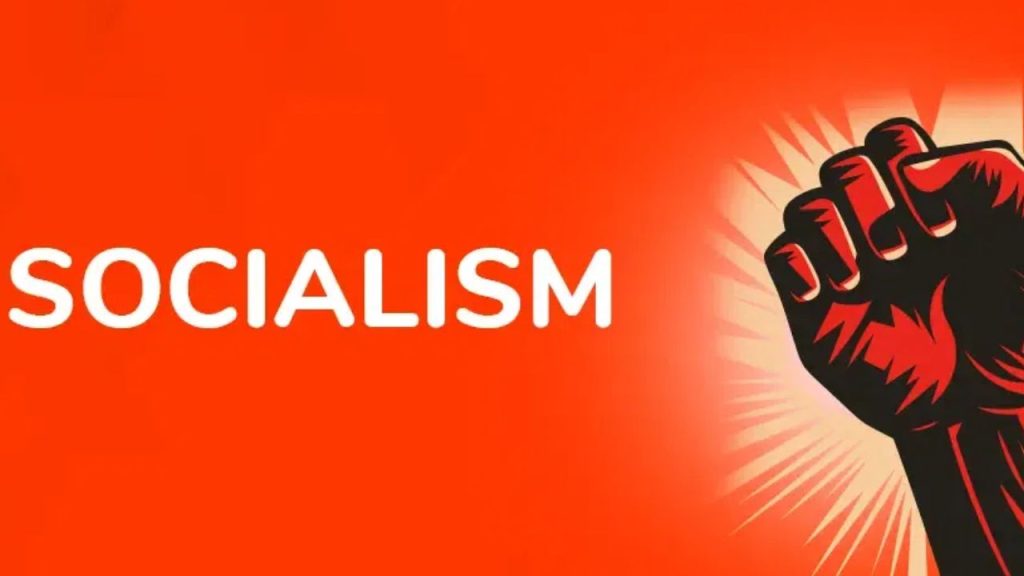Socialism is a loaded word in the United States—a country where capitalism is the prevailing economic system and is the basis for the system of government. One situation in which the word tends to come up is when Americans look at government programs, especially Social Security.
Social Security is a form of social welfare, but to understand what the debate is about, let’s first review some terms.
Key Takeaways
- Socialism is a form of economic production whereby workers co-own and co-produce goods and services and share in the profits.
- Social Security is one of the most popular and important financial security nets for retirees and disabled workers in the United States.
- Workers pay into the program while they are younger and then receive guaranteed lifetime income after retirement.
- Some people consider this socialism, as the government is involved in the rules, collection, and distribution of funds.
- Social Security is a form of social welfare that ensures that aging adults, people with disabilities, and their dependents have some minimum level of income.
Socialism As Government-Based Economic Production
Socialism is a form of economic production whereby workers co-own and co-produce goods and services and share in the profits. But the definition has been conflated with statist forms of government.
Under this definition, the government owns and controls major industries while the economy is centrally planned. As such, the government provides the majority of goods and services for its citizens.
Contrast this with capitalism, where businesses and private individuals own the tools and other means of production. They keep all the profits while paying workers a wage. As such, the market controls the economy.
In most modern countries, a free or market-run economy is subject to federal and state legislation and regulations. As such, these countries do not practice pure, laissez-faire capitalism.
Some countries, such as Norway and Sweden, have mixed economies wherein providers of goods and services enjoy private ownership of resources while citizens benefit from social-needs–oriented public services. This is known as social democracy or democratic socialism



